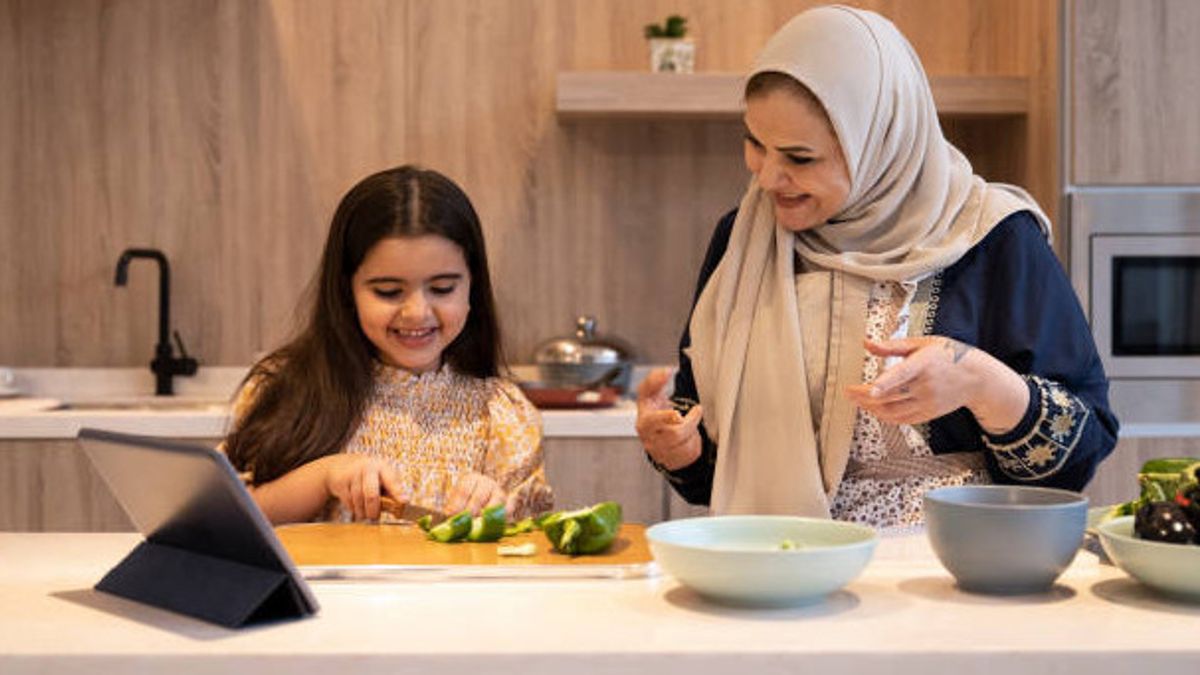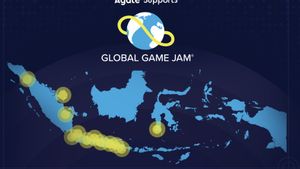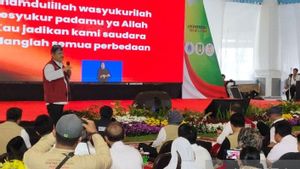JAKARTA - Although children are not yet obliged to fast, parents need to introduce and teach them to get used to doing Ramadan.
A pediatrician who specializes in metabolic nutrition consultant Cut Nurul Hafifah said children can be taught fasting when they are seven years old.
"At this age, unwanted health impacts due to fasting are increasingly common," said Cut, as quoted by Antara.
Cut explained, fasting can change the condition of the child's body. After six hours of fasting, the body begins to break up the sugar reserves in the body (glicogen) to maintain blood sugar levels.
If fasting continues for up to 16 hours, slowly the glycogen reserves will run out. The body will then use fat as a source of energy.
Protein as a body builder substance will be tried to be maintained and is the last component that will be used if fasting continues. The younger a child is, the less glycogen reserves are owned. As a result, infants and toddlers are more at risk of developing hypoglycemia, namely reduced blood sugar levels in the body.
"Children under the age of 7 are a group that is more at risk of developing hypoglycemia when fasting," said the doctor who practices at Pondok Indah Hospital.
In addition, this age group is more prone to lack of fluids. Changes in sleep patterns due to sahur building can also have an impact on the ability in schools.
With age, unwanted health impacts due to fasting are increasingly common. When a teenager, the risk of hypoglycemia is also reduced. Children are able to endure hunger and thirst.
As a first step, try to teach children to fast from solid food first. Allow children to drink water to avoid lack of fluids, especially when the weather is hot.
You can start inviting your child to fast for 6 hours, for example fasting from morning rise to 12 noon. With a pattern like this, children learn to hold back hunger from foods that are eaten daily.
Next you can start teaching him to endure thirst. Generally, children can still tolerate not drinking water for 2-4 hours. Cut reminds parents to provide nutritious food when suhoor and open because children are still growing and developing.
Sahur, give children foods that contain complex carbohydrates, protein, and fat. Avoid providing foods that contain simple sugar, such as sweet snacks. You can provide milk which is a complete source of nutrients for children at dawn and break the fast.
The English, Chinese, Japanese, Arabic, and French versions are automatically generated by the AI. So there may still be inaccuracies in translating, please always see Indonesian as our main language. (system supported by DigitalSiber.id)













